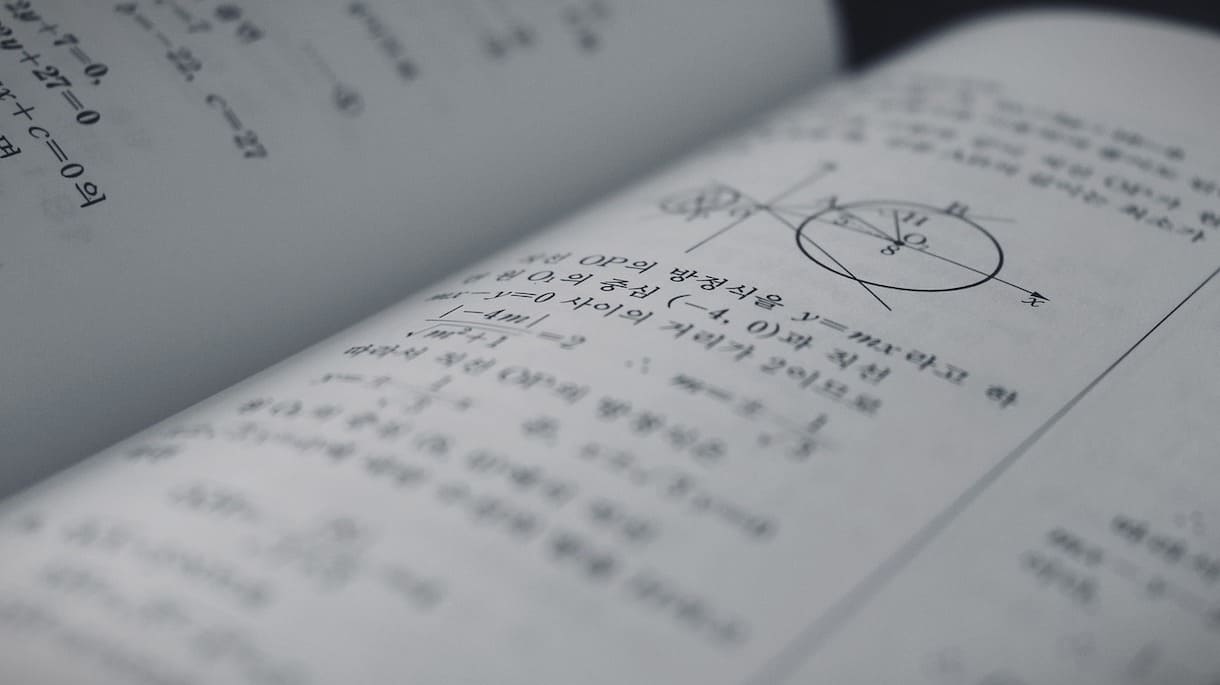
It is no secret that the International Baccalaureate (IB) Math higher level course is one of the most challenging academic programs available to high school students. The course is designed to prepare students for university-level mathematics, and as such, it is not for the faint of heart.
However, students who are willing to put in the time and effort required can find themselves well-prepared for the rigors of university math.
The International Baccalaureate Math higher level course is a two-year program that covers a wide range of mathematical topics. The IB Math Higher Level course is divided into six different modules, each of which builds on the previous one.
The first module, Algebra, introduces students to the basics of algebra and how to solve equations. The second module, Geometry, builds on this by teaching students about shapes, angles, and other geometric concepts.
The third module, Trigonometry, introduces students to the basics of trigonometry and how to use it to solve problems. The fourth module, Calculus, builds on this by teaching students about limits, derivatives, and integrals.
The fifth module, Probability, and Statistics introduce students to the basics of probability and statistics. The sixth and final module, Discrete Mathematics, teaches students about algorithms, graph theory, and other topics in discrete mathematics.
The investigation is an important part of the IB Math higher-level course, as it gives students the opportunity to apply the concepts they have learned in a real-world setting. Investigations can take many different forms, but all must include a significant amount of mathematical work.
Students who successfully complete the IB Math higher-level course will find themselves well-prepared for university-level mathematics. The course provides a strong foundation in the core concepts of mathematics, and the investigation gives students the opportunity to explore a topic in depth.
It is never too late to start preparing for the International Baccalaureate (IB) Mathematics Higher Level (HL) examination. The key to success is to start early and to be well-rounded in your approach.
The following are suggestions for preparing for the IB Math HL examination:
1. First, it is important to have a strong foundation in basic algebra and calculus. Make sure you understand the concepts and can work through the problems. Students should make sure that they are comfortable with the material that will be covered on the exam. This means reviewing the topics that will be covered and doing practice problems.
2. Next, start practicing with IB-style questions. These can be found in past papers or online. Familiarize yourself with the format and types of questions that will be asked. Students should create a study plan. This plan should include when they will study, what topics they will cover, and how they will review for the exam.
3. In addition, work on your problem-solving skills. Be able to identify different types of problems and know how to approach them. Students should take practice exams. These exams will help students to gauge their understanding of the material and identify any areas that need more review.
4. Finally, don’t forget to revise! Go over the topics you are struggling with and make sure you understand the concepts.
The IB Math Higher Level course is a great way for students to get a head start on their mathematics education. It is also an excellent way for students to prepare for the rigors of college-level mathematics courses.
The HL mathematics course is demanding, but it is also very rewarding. If you put in the effort, you will be able to succeed. It is essential to have a strong foundation in mathematics before embarking on the International Baccalaureate (IB) Math higher-level course. This means students should have a good understanding of basic algebra, geometry, and trigonometry. In addition, it is helpful to be familiar with basic concepts in calculus and statistics.
To pass an exam, you need to be prepared. This means knowing the material and being able to answer the questions correctly. It also means being able to understand the instructions and follow them.
When it comes to exams, there is no one-size-fits-all answer for how much preparation is needed in order to pass. The amount of preparation that is required will vary depending on the difficulty of the exam, the student’s natural ability, and the amount of time that the student has to prepare.
No matter how smart or talented you are, you won’t be able to pass an exam without preparing for it. This is especially true if the exam is difficult or if you’re not very familiar with the material. To prepare for an exam, you need to do more than just review the material. You need to understand it and be able to apply it.
Don’t wait until the last minute to start studying. You’ll likely be stressed and won’t have enough time to really learn the material. Start studying a few weeks or even months before the exam. To successfully pass an exam, adequate preparation is key.
International Baccalaureate Math article and permission to publish here provided by Alfie Frenilla. Originally written for Supply Chain Game Changer and published on November 26, 2022.
- Coinsmart. Europe’s Best Bitcoin and Crypto Exchange.Click Here
- Platoblockchain. Web3 Metaverse Intelligence. Knowledge Amplified. Access Here.
- Source: https://supplychaingamechanger.com/tips-for-international-baccalaureate-math-higher-level-preparation/



